Regulations for radionuclides in drinking water first became effective in 1976. The revised Radionuclides Rule required implementation for some systems starting in 2005. The rule was revised to improve public health protection by requiring monitoring at all entry points to a drinking water distribution system, to create a new standard for uranium, to change monitoring frequencies, and to create new monitoring requirements for radium-226 and radium-228.
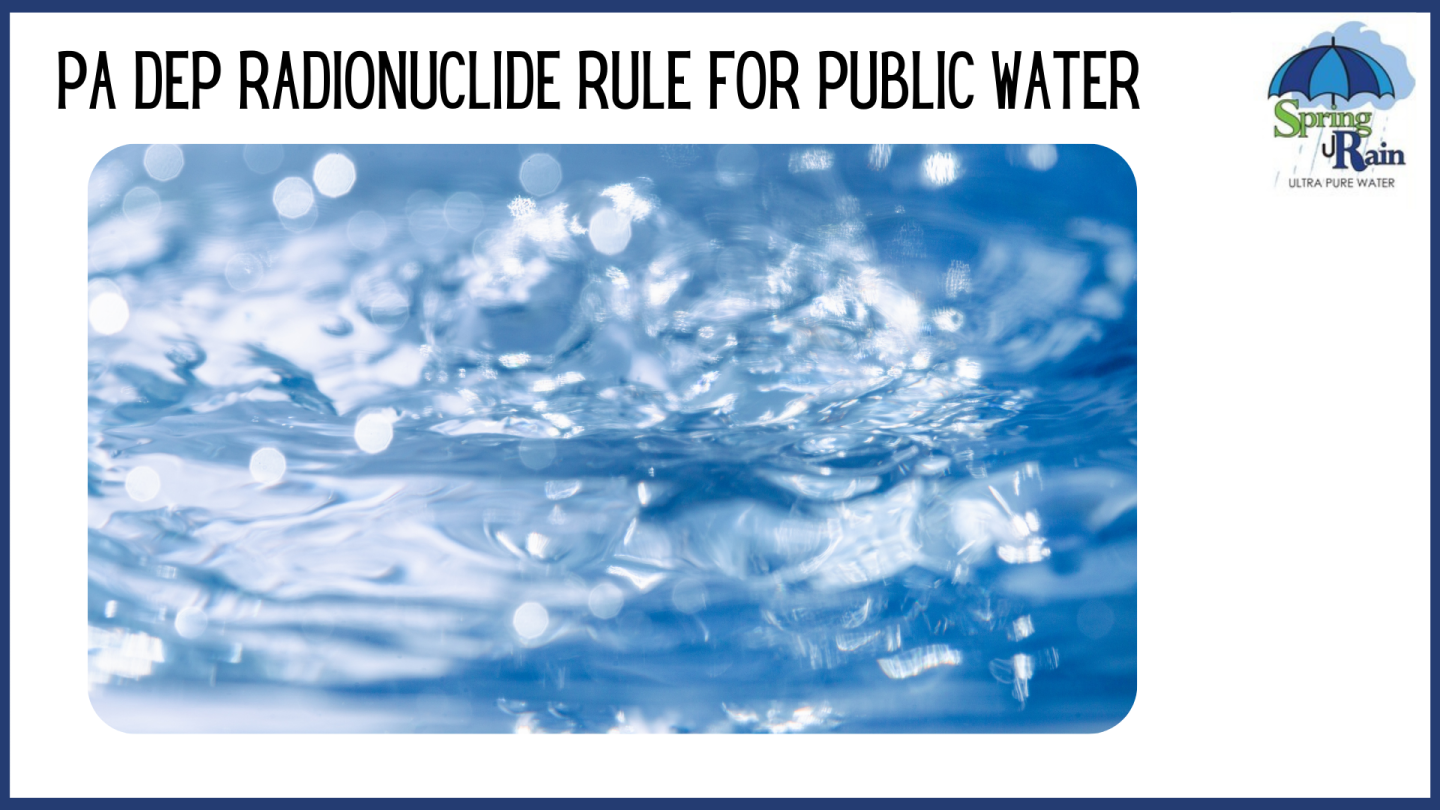
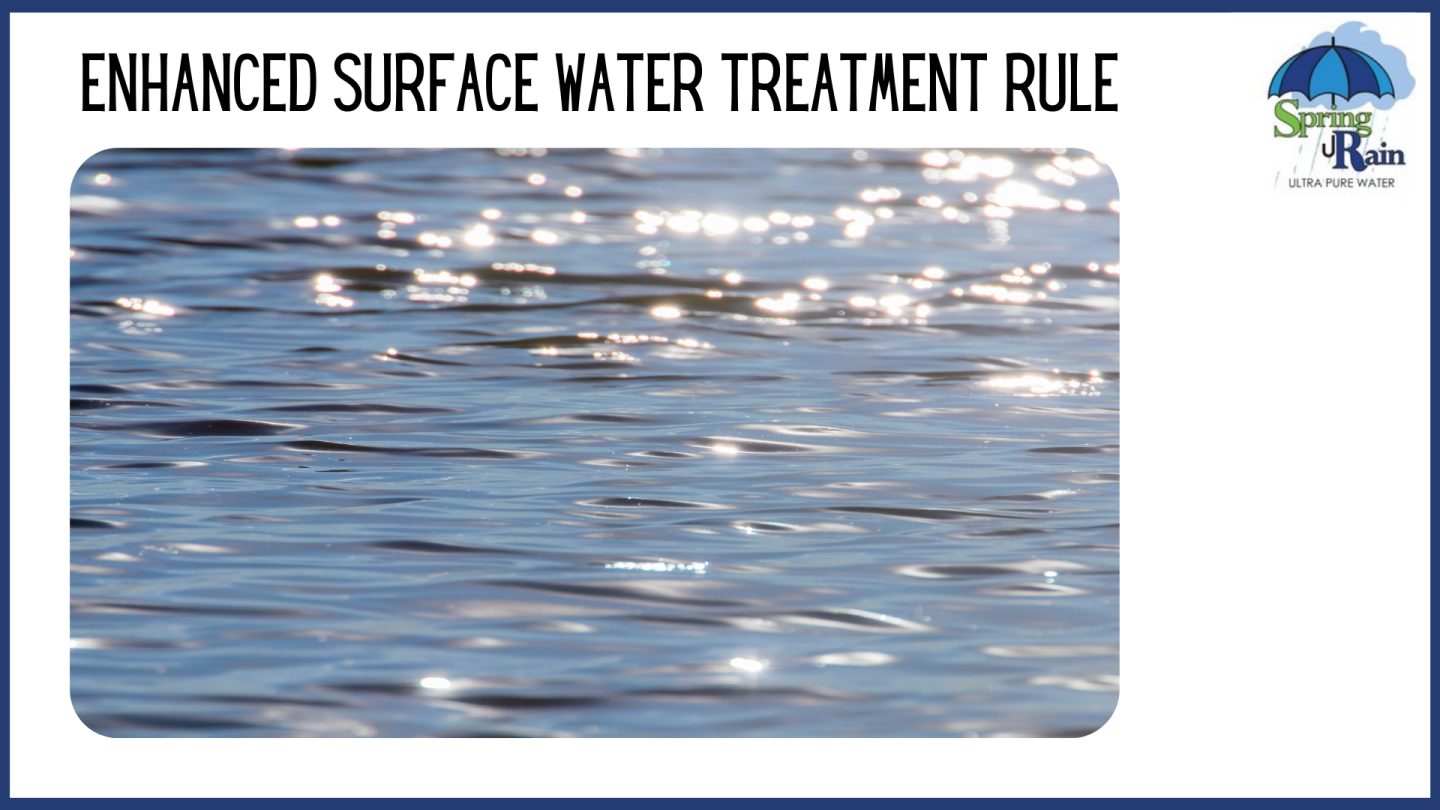
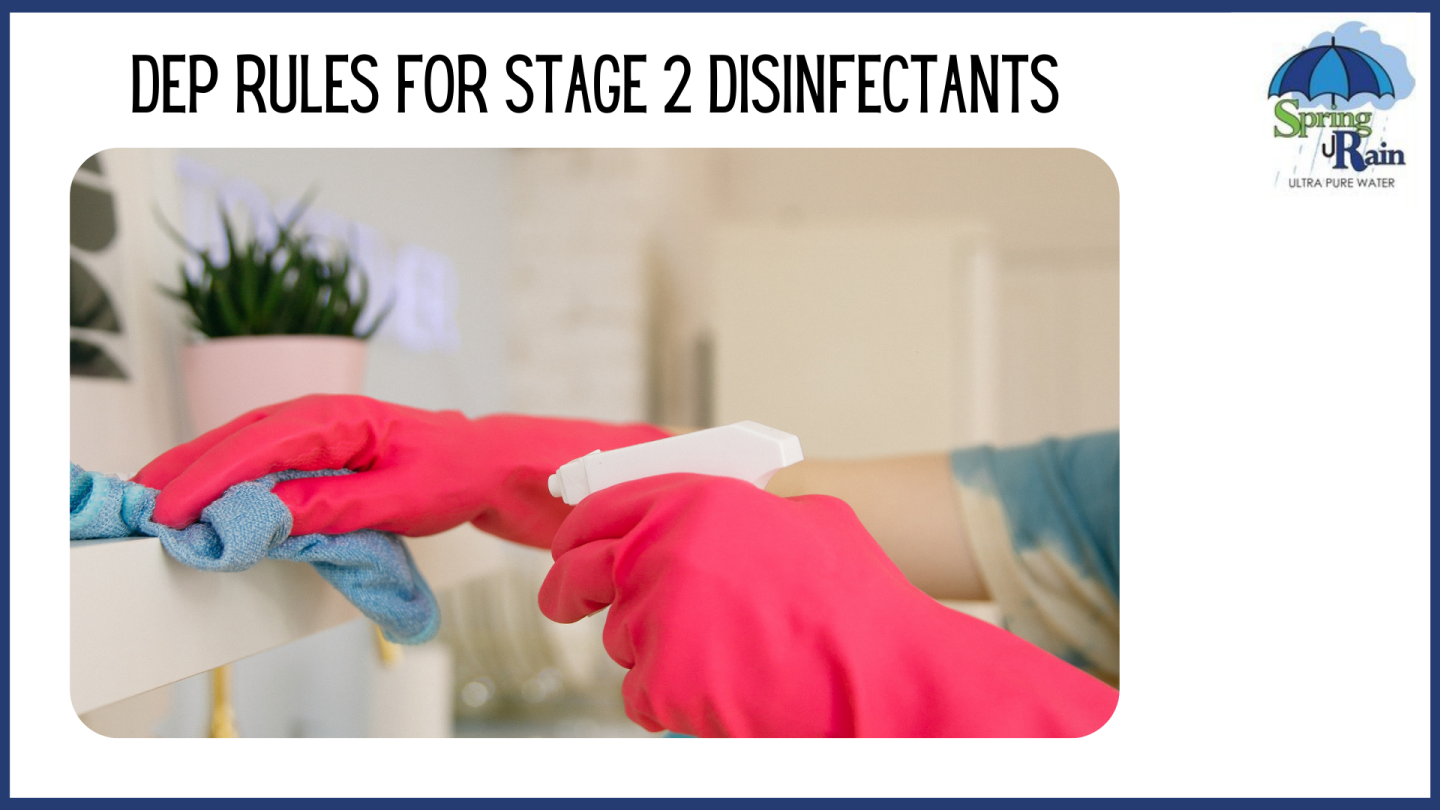
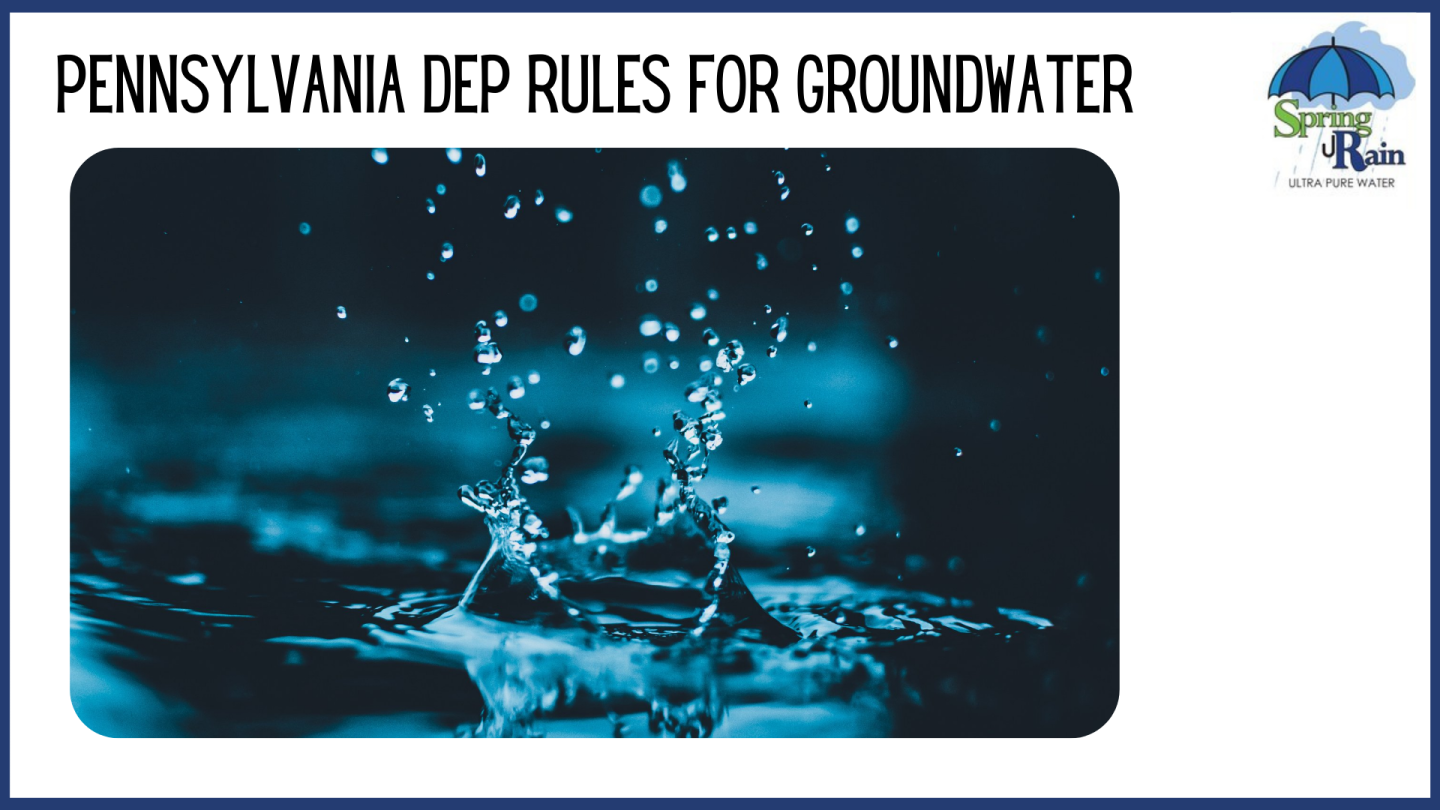
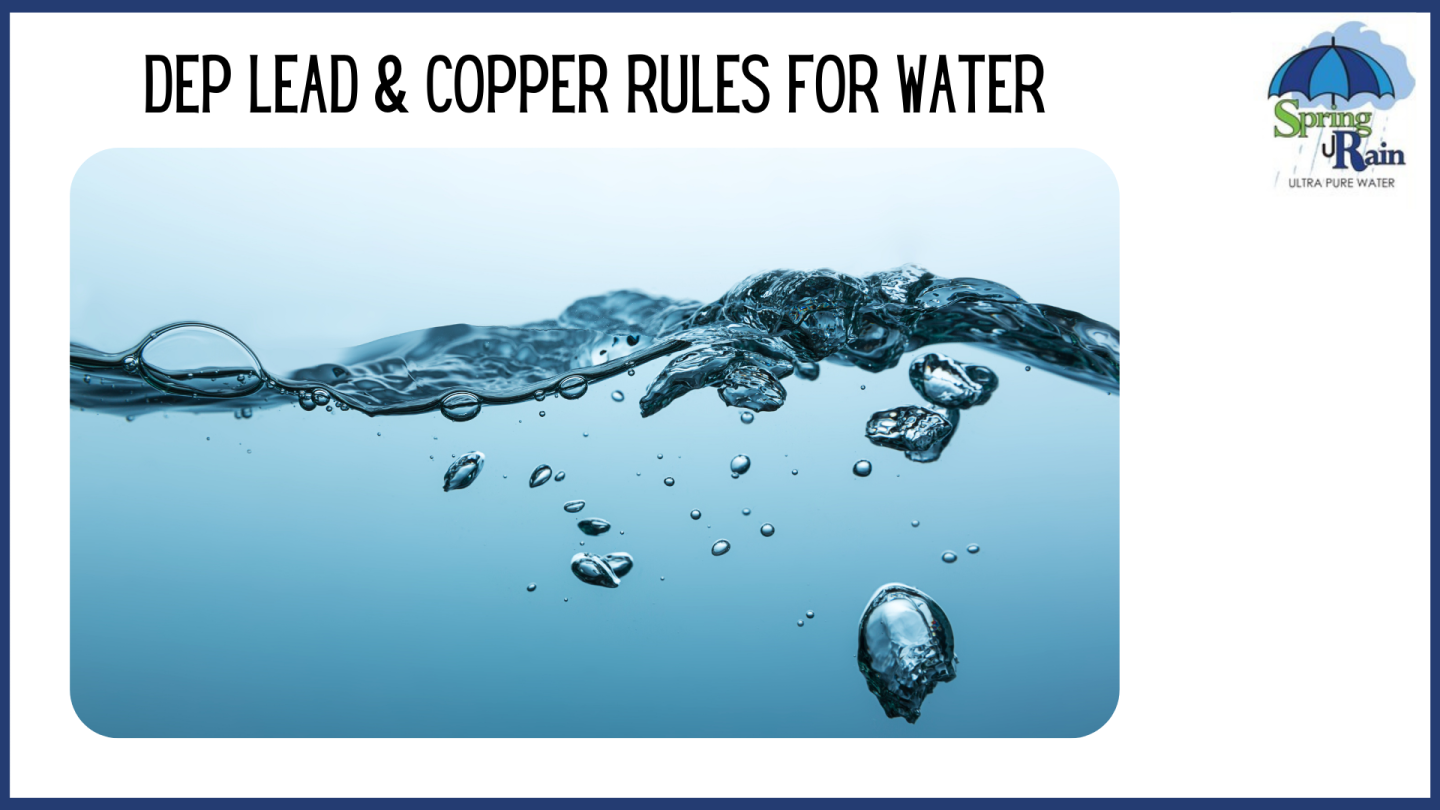
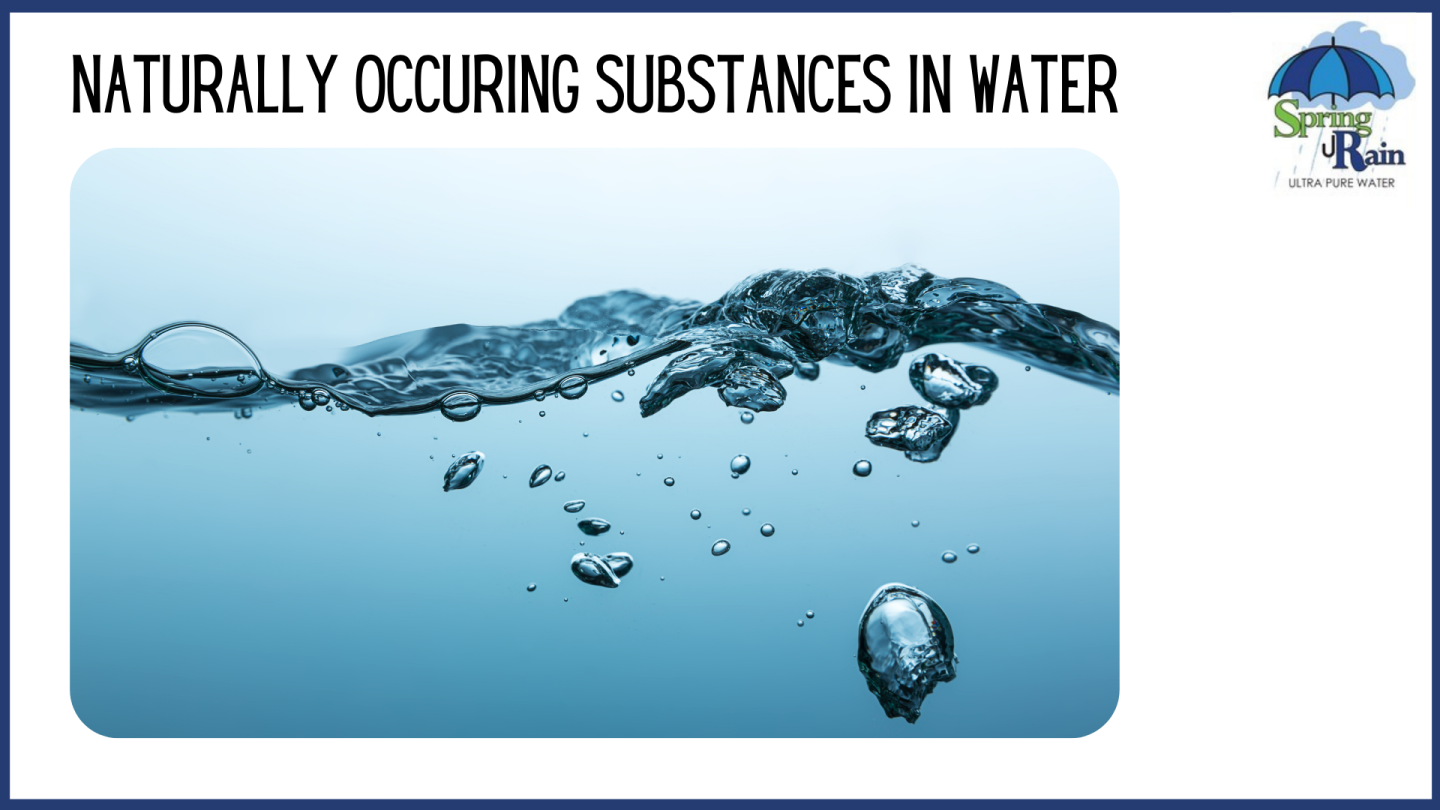
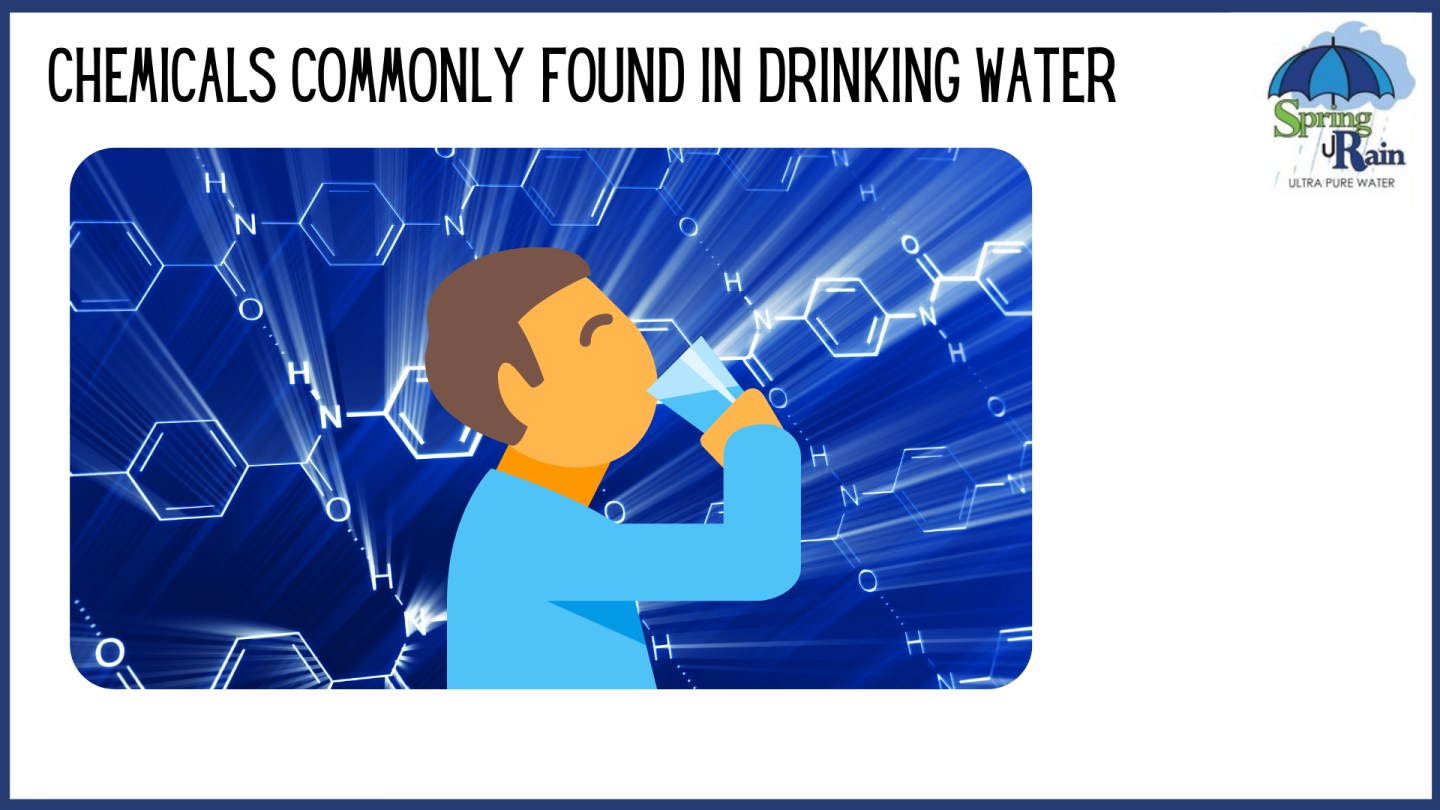
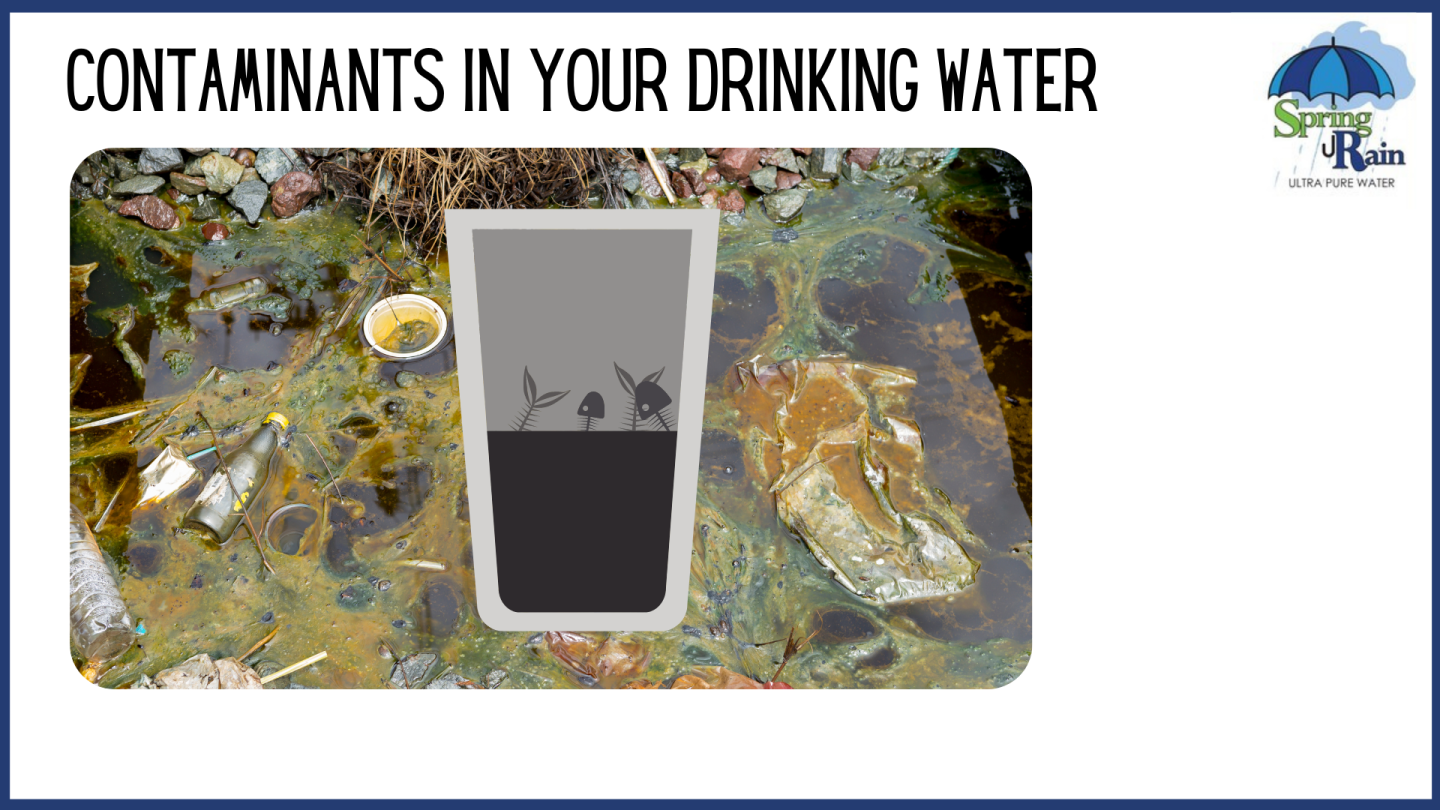
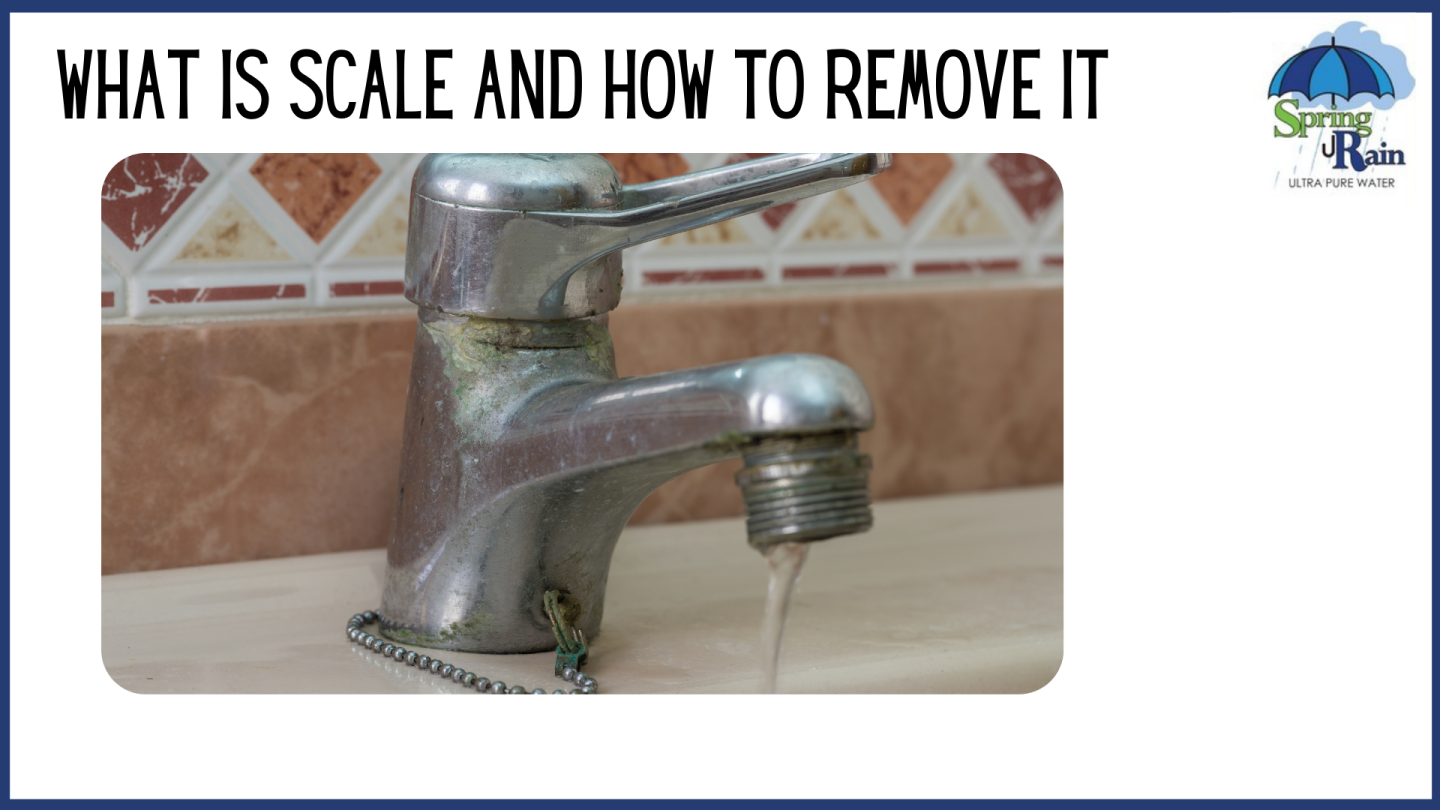
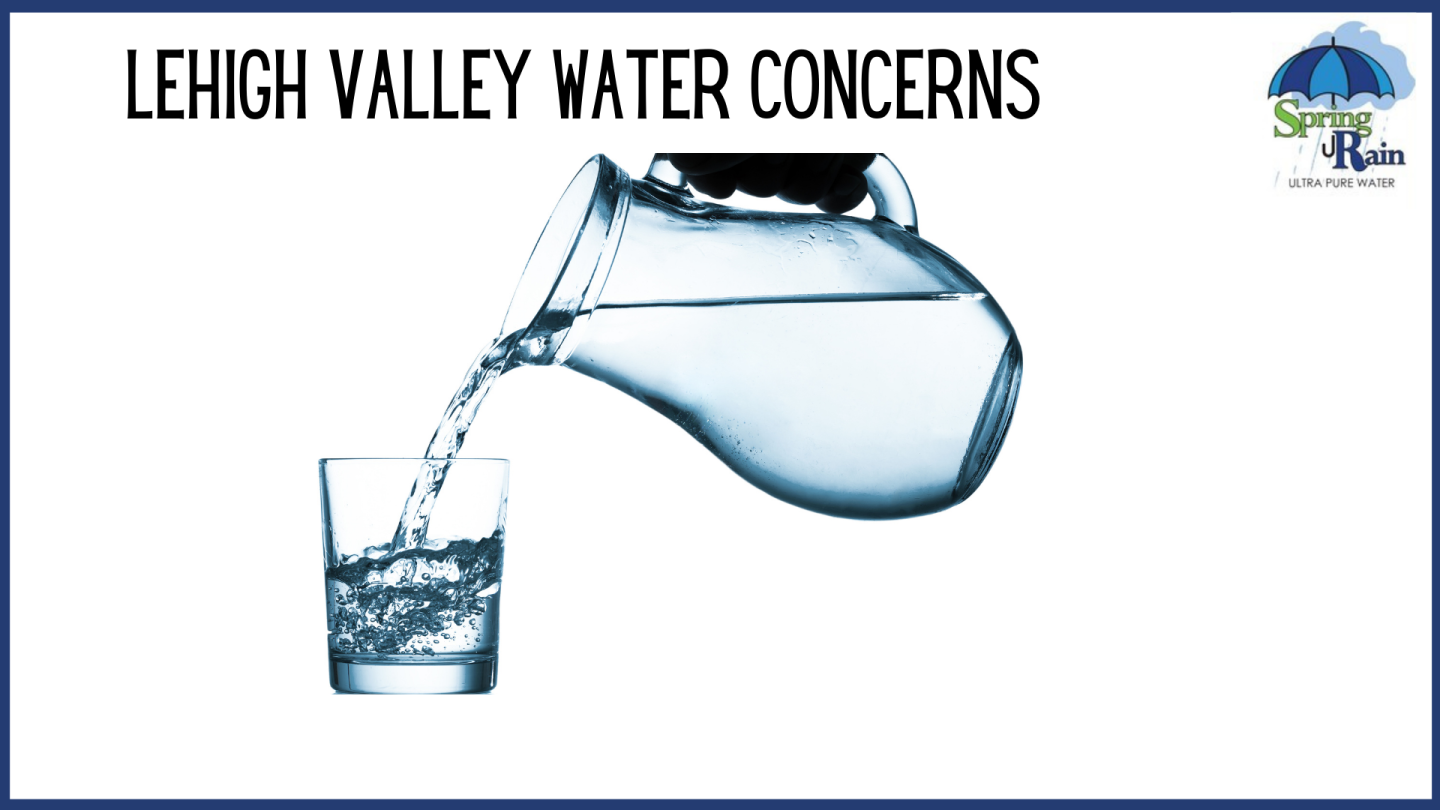




Recent Comments